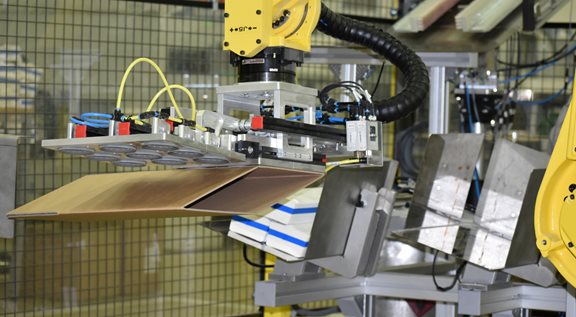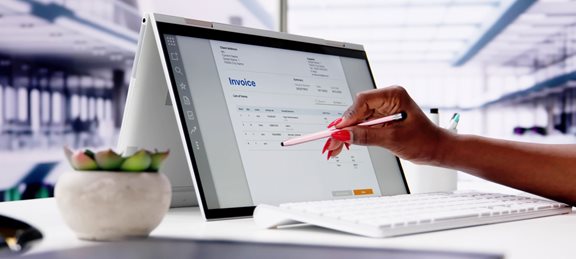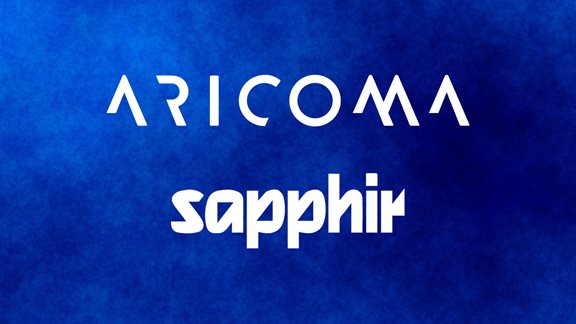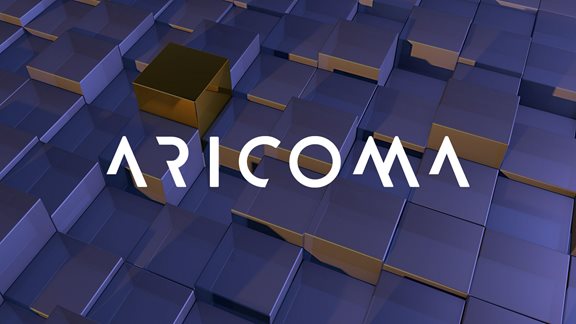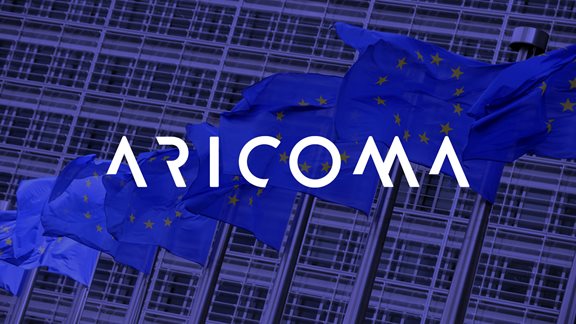The invoicing revolution is coming. Is your company ready?
This means that paper invoices and unstructured PDF files will no longer be accepted for VAT purposes. The new standard will be structured electronic invoices, enabling automated data processing, ERP integration, and full auditability.
The goal of ViDA is not just digitalization but a fundamental transformation that interconnects tax systems across the EU, increases transparency, simplifies compliance, and reduces opportunities for VAT fraud and evasion. For companies, this represents a major shift that cannot be postponed until the last minute.
What does this mean for businesses?
The first major impact will be the end of paper invoices and unstructured PDFs. From July 2030 onward, only invoices that comply with the European standard for structured electronic invoicing will be accepted for VAT purposes. In other words, an invoice will no longer be a piece of paper or an email attachment — it will become a data file in a precisely defined format, typically XML or UBL, allowing for fully automated processing.
This shift also brings a requirement for digital archiving. E-invoices will need to be securely stored for the legally required period — typically 10 years in the Czech Republic — in a way that enables easy retrieval and auditing. It will no longer be sufficient to save documents on a shared drive or in an email inbox. Companies will need to prove that invoices have not been altered, that access and modifications can be traced, and that archiving complies with all legal requirements, including GDPR.
Although this may sound like an additional bureaucratic burden, ViDA actually opens the door to significant efficiency gains. Structured invoices enable automation across the entire invoicing process — from receipt and approval to posting and payment. Companies that prepare early and take a proactive approach will gain a competitive advantage through faster internal processes, reduced error rates, better cash flow control, and lower administrative costs.
Ultimately, ViDA is not just a regulation to comply with — it is an opportunity. An opportunity to modernize, digitalize, and eliminate inefficient or outdated invoicing and accounting practices.

ViDA as an impulse for Digital Transformation
The digitalization of invoices brings measurable benefits, from reducing errors and accelerating cash flow to improving financial visibility and lowering administrative costs. It also opens the door to broader digital transformation initiatives, including automated document processing, digital contract management, and controlled archiving.
Start preparing your company for the digital era of invoicing today and turn this regulatory change into a competitive advantage.
DO NOT HESITATE TO
CONTACT US
Are you interested in more information or an offer for your specific situation?
KEEP IN TOUCH
Subscribe to our newsletters so you don't miss anything important.

